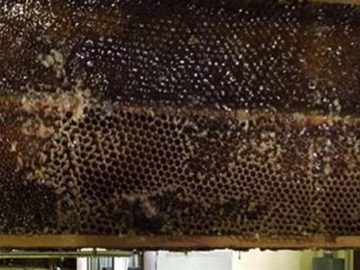Are you more likely to get in trouble at school? Or if you are an adult you have some issues with the law or are engaged in criminal activities? Have you always been the troublemaker in the family? Then I guess you are the second born child in the family. At least the latest study has declared that a second-born child in the family is more likely to be a troublemaker, which may make him/her a criminal in the long run.
Joseph Doyle, who is an economist at MIT, together with his colleagues, have studied sets of data involving thousands of brothers in two countries, Denmark and Florida, in order to figure out whether birth order affected the exhibition of delinquency. The findings of the study were consistent between both countries, although not that surprising.
The authors of the study noted: “Despite large differences in environments across the two areas, we find remarkably consistent results: In families with two or more children, second-born boys are on the order of 20 to 40 percent more likely to be disciplined in school and enter the criminal justice system compared to first-born boys even when we compare siblings.”
And the abstract of the study states:
“The data allow us to examine a range of potential mechanisms, and the evidence rules out differences in health at birth and the quality of schools chosen for children. We do find that parental time investment measured by time out of the labor force is higher for first-borns at ages 2-4, suggesting that the arrival of a second-born child extends early-childhood parental investments for first-borns.”
Their study has also shown that first born children tend to have higher IQs, earn more money and perform better academically.
This is believed to be due to the amount of (or more precisely the lack of) attention second-borne have received.
“The firstborn has role models, who are adults. And the second, later-born children have role models who are slightly irrational 2-year-olds, you know, their older siblings,” Doyle stated for NPR.
“Both the parental investments are different, and the sibling influences probably contribute to these differences we see in the labor market and what we find in delinquency. It’s just very difficult to separate those two things because they happen at the same time.”
According to the experts, treatment of the second child which is different from treatment of the first child might have a long-term influence on their development of the behaviour. Well, of course not every family will have a troublemaker as their second child, but the study suggests that paying more attention to them will be beneficial overall.




































Connect with us